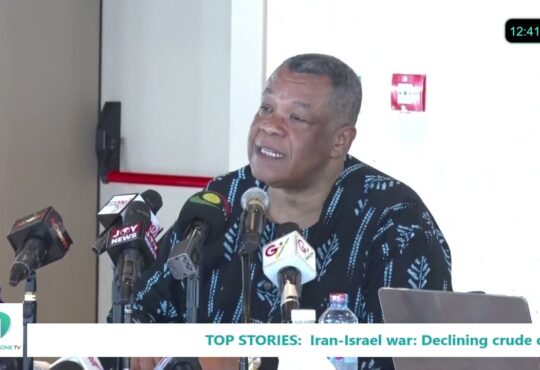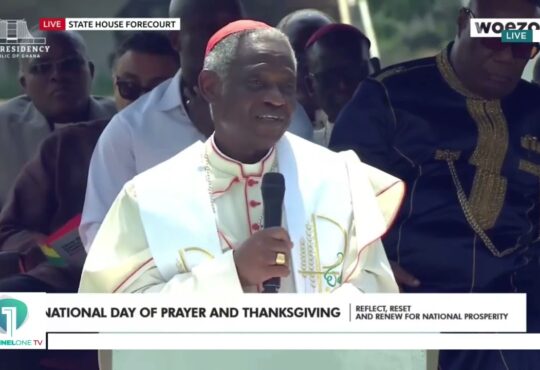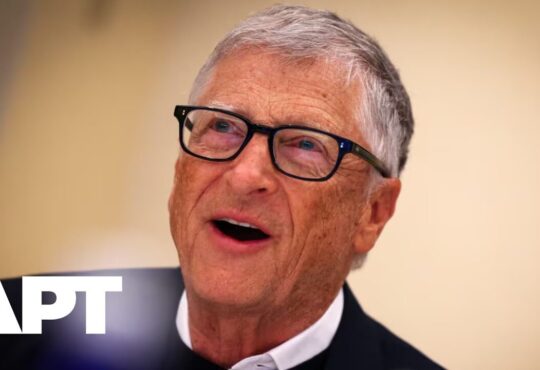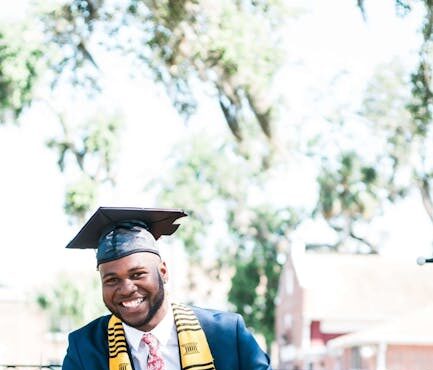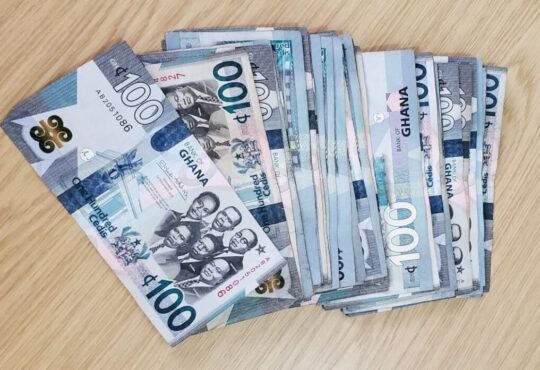Understanding Why U.S. Embassy Visa Application Fees Are Non-Refundable
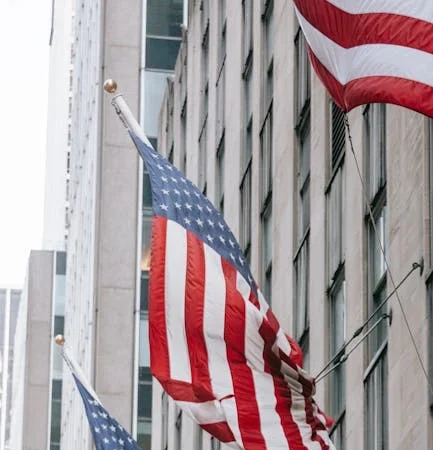
So, you’re thinking about applying for a U.S. visa in Ghana, and you’ve come across the unavoidable fact that the application fees are non-refundable.
You might be wondering, “Why is that the case?” Don’t worry, you’re not alone. This is a common question among visa applicants, not just in Ghana but globally. Let’s dive into the details and try to unravel this mystery with insights from the U.S.
Embassy Consul General.
The Purpose Behind Non-Refundable Visa Fees
First things first, let’s address the elephant in the room: why are these fees non-refundable? The U.S. Embassy Consul General explains that the non-refundable nature of these fees is primarily due to the processing costs involved.
Each application incurs administrative costs, and these fees help cover those expenses. It’s not just about keeping the lights on; it’s about maintaining a consistent standard of service, ensuring that every application is thoroughly vetted and processed with the utmost care and professionalism. This rigorous process includes background checks, verification of documents, and sometimes even interviews, all of which demand significant resources and manpower.

Imagine if refunds were issued for every denied application. The administrative burden would be enormous, not to mention the financial implications.
Processing a visa application involves a significant amount of work, from initial submission to the final decision. Even if the outcome isn’t favorable, the work has been done. Every application, regardless of its outcome, requires the same level of scrutiny and resources. Therefore, the fees are a necessary measure to ensure the sustainability of the visa processing system.
Ensuring Fairness and Transparency
In the spirit of fairness, the U.
S. Embassy aims to be as transparent as possible about these fees. The Consul General highlights that the information regarding non-refundable fees is readily available to applicants. It’s all about ensuring that you know what you’re getting into before you hit the ‘submit’ button. Nobody likes surprises, especially when they involve money!
This transparency is crucial for maintaining trust between the embassy and the applicants. By clearly communicating the non-refundable nature of the fees, the embassy helps applicants make informed decisions.
This transparency also extends to the application process itself. You might be thinking, “Okay, but what if my application is rejected? Do I get any feedback?
” The answer is yes. While the fees may not be refundable, applicants are often provided with feedback on why their application wasn’t successful, which can be invaluable for future attempts. This feedback can shed light on areas that need improvement, whether it’s documentation issues or inconsistencies in the application. By understanding the reasons behind a denial, applicants can better prepare for future applications, increasing their chances of success.
How to Make the Most of Your Application
If you’re going to put money on the line, you want to make sure you’re doing everything you can to boost your chances of success.
Here are some tips straight from the Consul General’s playbook:
1. Double Check Your Documentation: Sounds obvious, right? But you’d be surprised how many applications are denied due to simple mistakes. Make sure you have all your paperwork in order and that it’s all accurate. This includes verifying the validity of your passport, ensuring all forms are filled out correctly, and providing any necessary supporting documents, such as financial statements or letters of invitation.
2. Be Honest: Honesty is the best policy. Any discrepancies in your application can lead to a denial, and once that fee is paid, there’s no going back. Ensure that all information provided is truthful and accurate. Attempting to deceive the consular officers can not only result in a denial but can also affect future applications.
3. Prepare for Your Interview: If your visa type requires an interview, go in prepared. Understand what’s expected of you and practice answering potential questions. Confidence can make a huge difference. Research common interview questions, and consider conducting mock interviews with friends or family to improve your comfort level during the actual interview.
Real-Life Insights and Anecdotes
Let’s humanize this a bit. Imagine you’re sitting in your living room, chatting with a friend who just went through the process. They might tell you about the nervousness of gathering all the required documents or the anxiety leading up to the interview. They might share how relieved they felt once it was all over, regardless of the outcome. These personal experiences highlight the emotional journey that accompanies the application process.
It’s a rollercoaster of emotions, from the anticipation of starting a new chapter in life to the apprehension of facing potential rejection.
Another example is from a colleague who applied last year. They spent weeks meticulously preparing their application, double-checking every detail. When they finally submitted it, they felt a mix of excitement and dread. In the end, they were successful, but they understood firsthand why those fees are non-refundable—because every step of the process requires effort and resources.
This dedication and attention to detail paid off, and it serves as a reminder of the importance of preparation and perseverance.
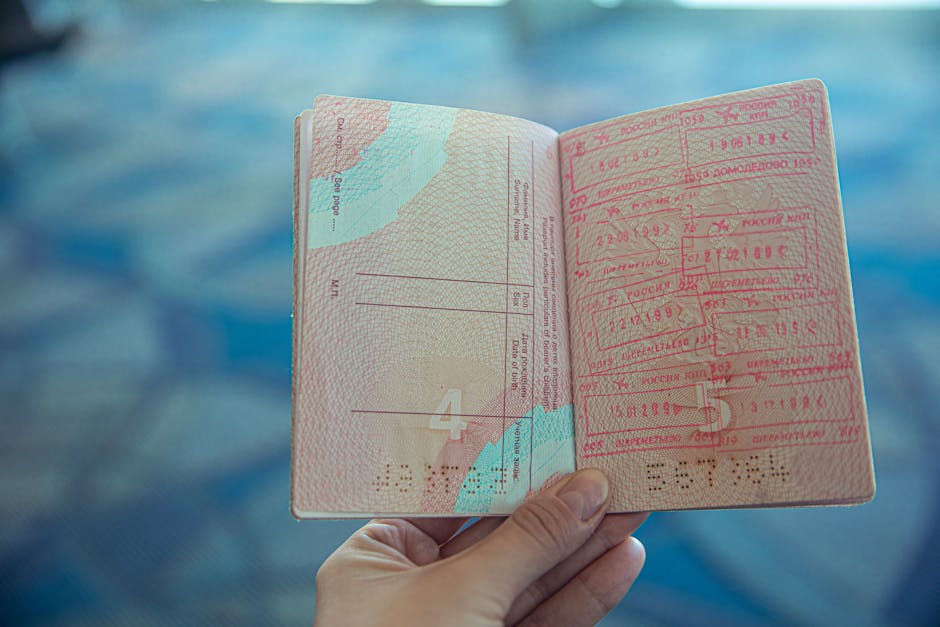
FAQs About U.S. Visa Application Fees
Why are the visa fees so high? The fees are set to cover the costs associated with processing each application, including administrative expenses and maintaining staff and facilities.
These fees ensure that the embassy can continue to operate efficiently, providing the necessary resources to handle thousands of applications each year.
Can I appeal a visa denial? Yes, in many cases, you can reapply, but you will need to pay the fee again. It’s crucial to address any issues noted in your feedback before reapplying. Carefully review the feedback provided, and take the necessary steps to rectify any shortcomings in your initial application.
What if I make a mistake on my application? If you realize a mistake after submission, contact the embassy immediately. They might be able to advise you on the next steps, but usually, a new application and fee are required. Double-checking your application before submission can help avoid such situations.
Are there any exemptions for the non-refundable fee?
Generally, all applicants are required to pay the fee. However, there are certain cases where fees might be waived, such as for diplomatic visas. It’s advisable to check with the embassy for specific exemptions that might apply to your situation.
Final Thoughts
Applying for a U.S.
visa in Ghana can seem daunting, especially with non-refundable fees on the line. But understanding the reasoning behind these fees and preparing thoroughly can help you navigate the process more smoothly. Remember, the Consul General and the embassy staff are there to provide guidance, so take advantage of the resources available to you. While the fees might be non-refundable, the experience and knowledge you gain from the process are invaluable. So, take a deep breath, do your homework, and approach your application with confidence.
Who knows? The next time you’re pondering over these fees, you might be doing so from the comfort of the U.S.! Whether you’re planning to study, work, or visit family, the effort you put into your application is a crucial step towards achieving your goals.









